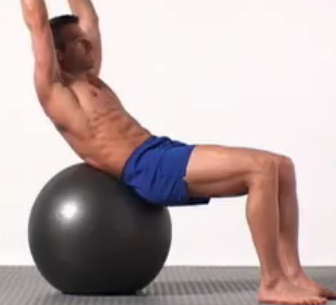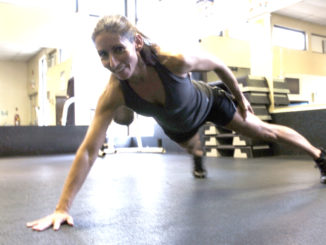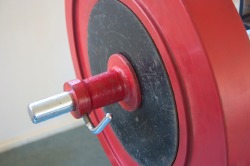
When you want to get your abdomen in shape, the best exercises to accomplish your goals are crunches. Not only are they easy to perform and do not require any equipment; they also are highly effective when you use the proper technique. Here’s what you need to know about crunches so that you can start whittling away your stomach.
Muscles used when performing the crunch exercise
While the majority of crunches will focus on the upper abdominal muscles, you should understand that this is not the only group that needs to be trained. Basically, there are three sets of muscles in the abdomen region – upper, lower, and oblique.
When you do basic crunches, you will notice that the majority of the stress is put onto the upper abdomen muscles; however, with a few tweaks you can train the other muscles as well.
The correct method for performing crunches
Crunches are performed by lying on your back with your knees bent. Your arms can be bent as well, with your hands behind your head – fingers not intertwined, but loosely cradling your neck and head. Your face should be facing up to the ceiling. Try to find a point that you can keep your focus on throughout the exercise.
When you are in position, you will want to breathe out as you pull your abdomen in and bring your upper body off the floor. You do not have to lift your upper body very far if you don’t feel that it is aiding the exercise.
So long as the crunches are making your muscles work, the movement itself does not need to be exaggerated. Slowly bring the upper body up and then breathe in as you are lowering yourself slowly to the ground.
Vary the crunch to train other muscle groups
When you want to exercise more than just the upper abdomen muscles, you will need to vary the crunches slightly. To target the lower abdomen, you can straighten your legs and try to bring them into a position in which they are perpendicular to the floor. Then you will lift your upper body as you would in the basic crunches as well as lift your lower body to target the lower muscles.
For the oblique muscles, you will go back into the original crunches position, but turn your body each time you lift up. It can help to bring one elbow to the opposing knee to help guide you through the movement.
You can also make this movement harder by straightening the opposite leg when you are crunching upwards. This Pilate’s movement makes the entire abdomen work hard to keep itself balanced.
How often can you perform crunches?
You will want to perform crunches every other day for as many as you can perform without sacrificing the movement. That is, when you start to lose your form, you need to stop. And you can also increase the effect of your crunches by focusing on the muscles as you use them through the movement – it’s supposed to be hard work!




Be the first to comment